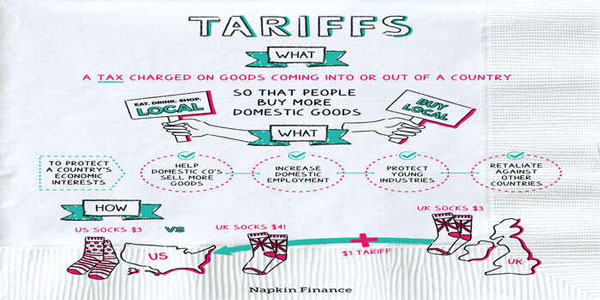It’s a good idea to evaluate the worth of your credit cards regularly. Occasionally, the purpose for which you originally opened a particular credit card no longer applies. Plus, if your spending patterns change, the value of certain bonus categories may decrease (or increase). Credit card issuers employ various strategies to keep your account open, one of which is the retention offer. A credit card that you no longer use may not be worth maintaining if the annual fee is too high. Whether your card’s renewal date is approaching, you might be tempted to cancel or downgrade, but before you do, you should contact customer service to check if you’re eligible for a retention offer that would make keeping the card worthwhile. Look at this article to learn more about the benefits of maintaining your preferred credit cards.
Retention Offers For Credit Cards
What Are Retention Offers For Credit Cards?

Bringing in new customers is a costly endeavor for financial institutions. The initial investment on card issuers can imply that it may be years before they realize a profit from their cards, especially if they employ substantial sign-up bonuses and waive yearly fees. John Cabell, director of commercial financial and payment intelligence at J.D. Powers, told The Balance via telephone, saying card issuers will sometimes make compromises in the form of retention offers to prevent cardholders from canceling their accounts. An issuer may provide a qualified cardholder with an incentive such as “statement credits,” “a reduced annual fee,” or “extra reward points.” When a customer of good standing approaches the issuer intending to close the account, the bank may make such an offer.
How Do Retention Offers For Credit Cards Work?
With the economy being more volatile around peak travel times, banks need to hold on to customers with high spending capacity and good payment history, as stated by Campbell. Many people who use credit cards that give airline and hotel rewards found it difficult to redeem their benefits and bill credits in 2020, the year the travel sector suffered a major hit. Even if financial institutions don’t like to publicize their retention incentives, clients are glad to talk about their experiences with retention offers on several travel-rewards-focused message boards and blogs. Customers who called in around the period their monthly payment was due often received statement credits but rather reward points from customer support. However, keep in mind that banks don’t provide retention offers to just anyone, Cabell warned. Regarding the bottom line, they save the greatest deals for the clients they value.
Should You Negotiate A Retention Offer?

Consider canceling your credit card if you rarely use it, hate paying the yearly fee, or don’t see the value in having it. In any case, you would want to consider requesting a retention offer before making such a move. Because they want to maintain you as a customer, banks may provide bonuses to reduce or even eliminate the yearly charge. You might want to reconsider canceling your card, even if your bank does not make a retention offer. The size and age of your credit history and the overall amount of credit you have access to are two of the main components of your credit score. You may experience a drop in credit score if you cancel a credit card after long use.
Conclusion
An option to keep and cancel a card is required every time the yearly fee is charged. You cannot be certain what you intend to do until when have all the facts in front of you, even though you think you already know. If you’re planning on keeping the card open anyhow, a quick five to ten minutes on the phone could earn you enough points for a free European ticket. There aren’t many bargains that offer a higher rate of return per unit of time than that. You have probably heard about a credit card’s lifespan. In most cases, the benefits associated with a credit card attract customers to apply for that card. In many situations, keeping all your cards face up is not a wise strategy.











